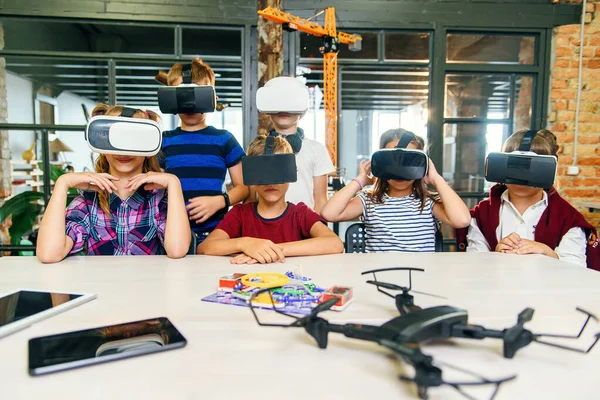
The friends of Building Bridges column of the Catholic Times, who are in their 60s, say that today's youth are full of pride with no proper work ethic, lacking courage and adventure, uncommitted, and too calculating.
Regardless of time and place, generational differences have always existed. There are countless records of the older generation criticizing the youth, dating back to Sumerian clay tablets from 1800 BC.
Unlike the agricultural society where the accumulated experience and knowledge of the elderly were important, in today's highly developed scientific and technological society, the elderly are often marginalized. Although the aging population is rapidly increasing, there are fewer places for them. Many people struggle to operate digital devices in government offices and restaurants.
The older generation finds it difficult to communicate with the MZ generation. This generation, also known as 'digital natives,' grew up in an environment where personal computers, the internet, mobile phones, and MP3s were the norm and are fluent in digital language and devices like native speakers of a specific language. Some even refer to them as a 'new species' rather than a new generation. Their use of incomprehensible abbreviations is so prevalent that some say they "speak our language like foreigners," indicating how difficult communication can be.
But do those who say "young people these days have no manners" know that the same was said thousands of years ago? The moment an older person starts a sentence with "Back in my day...," they are likely to be treated as old-fashioned. To the youth, the older generation seems inflexible, authoritarian, and unable to listen properly.
In the Building Bridges column the columnist gives the readers advice on our young people of this generation.
It's natural for different generations to have emotional and value differences. However, more opportunities for natural interaction between generations are needed to prevent these differences from leading to conflict.
In an era of population decline, intergenerational communication becomes increasingly important. For this, the elderly should not try to teach the young but should listen more and ask the youth about things they don't know. This can lead to actual learning and better relationships. There's a reason why it's said that "the older you get, the more you should listen and the less you should speak."
Older people should not assume that today's youth are repeating the same experiences they had at their age. Today's universities and Korean society are vastly different from 30-40 years ago. We should not judge the youth based on our own experiences.
We are contemporaries, each with different experiences, living together today. It's important to acknowledge that we are colleagues and act accordingly, especially in responding responsibly to the challenges of climate disaster and low birth rates and aging population. Perhaps that is truly what it means to act one's age.
No comments:
Post a Comment